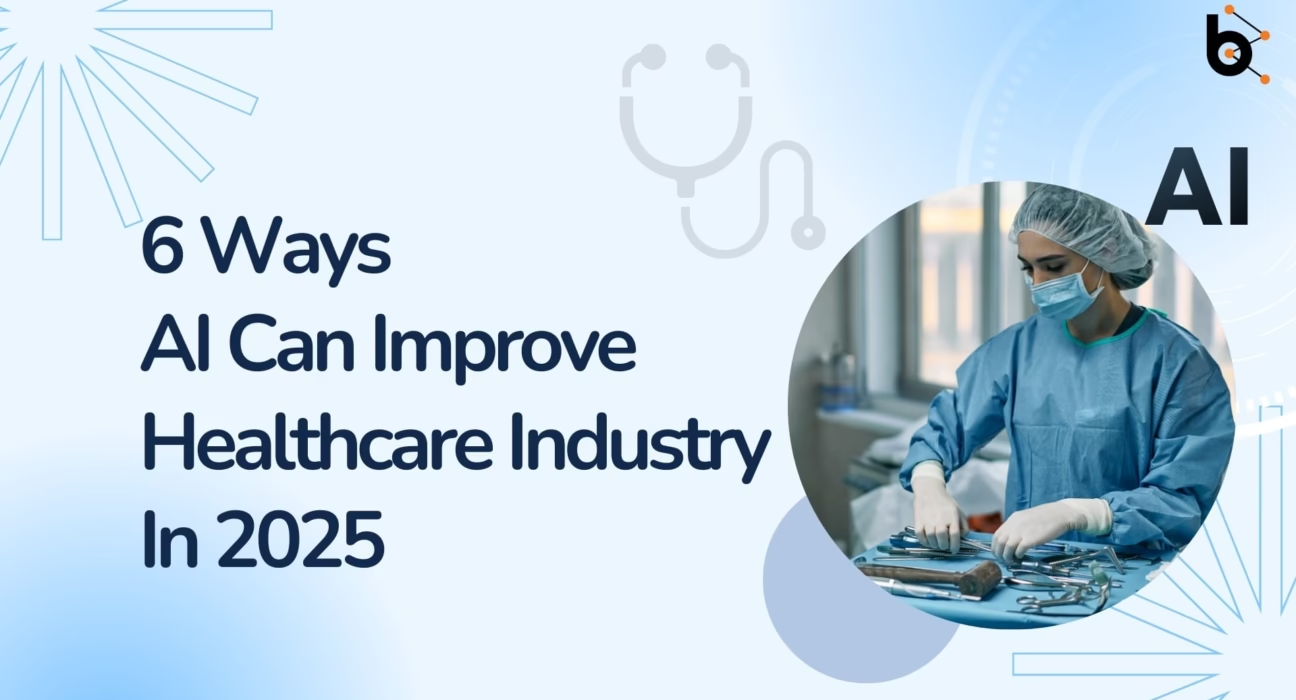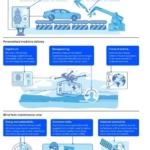The Dawn of Artificial Intelligence in Healthcare
Welcome to the cutting edge of medical innovation. We’re standing at the precipice of a new era, one where the capabilities of machines are increasingly intertwined with the compassionate and complex world of human health. At its core, **artificial intelligence** is the simulation of human intelligence processes by machines, especially computer systems, including learning, reasoning, and self-correction. When this powerful technology is applied to the medical field, we enter the realm of **AI in healthcare**. This refers to the application of AI technologies within the medical field to improve patient care, streamline operations, and advance medical research. The overarching goal is ambitious yet crucial: to enhance patient outcomes, increase operational efficiency, and fundamentally revolutionize medical practices.
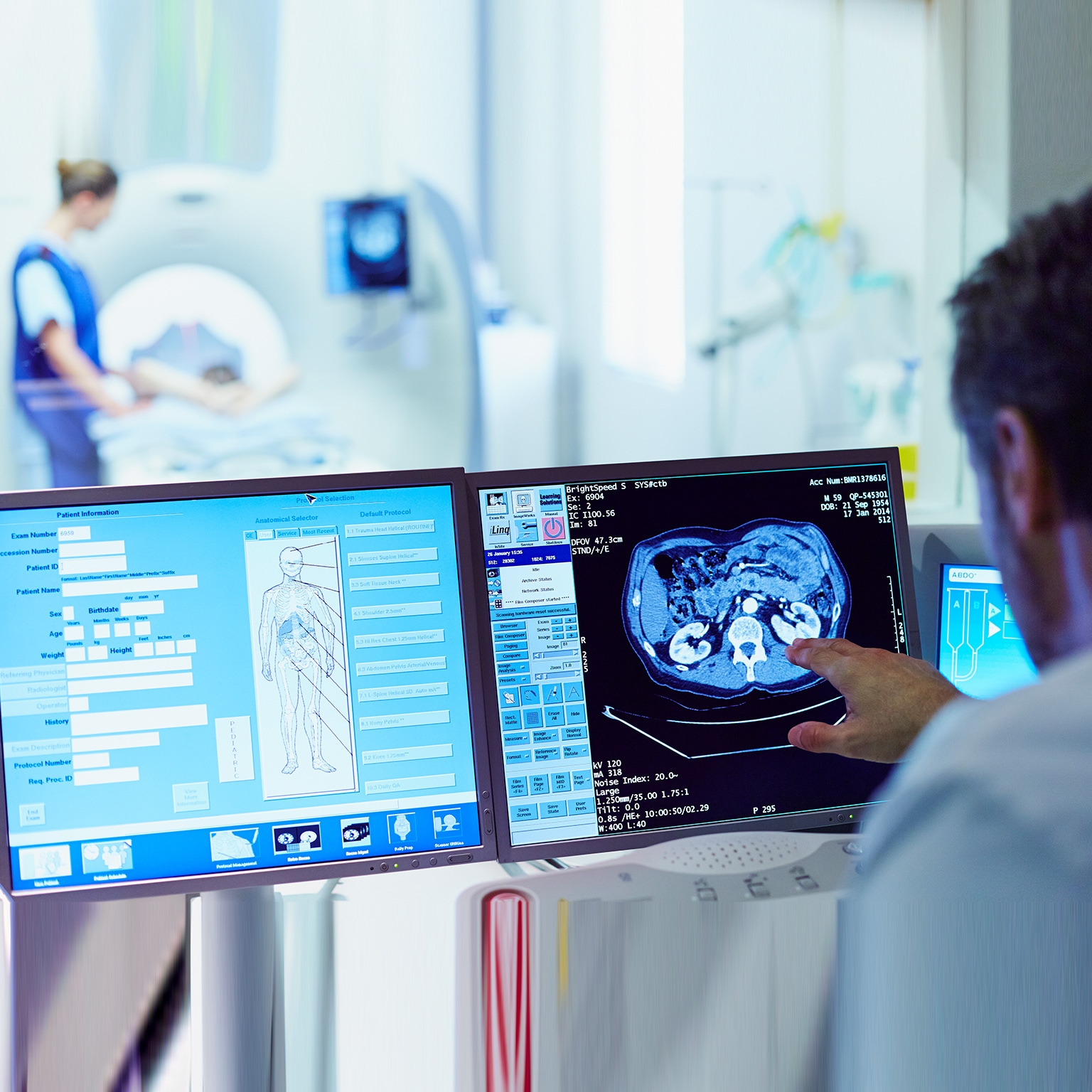
The landscape of **healthcare technology** is undergoing a significant transformation, moving beyond traditional tools to embrace intelligent systems that can learn, adapt, and assist in ways previously unimaginable. This isn’t just a minor shift; it’s a paradigm change. The market for AI in healthcare reflects this dramatic evolution. It surged from a mere $1.1 billion in 2016 to a staggering $22.4 billion in 2023, marking an impressive 1,779% increase. Projections indicate this growth will continue, with the market expected to reach an astonishing $188 billion by 2030 (source: dialoghealth.com). This rapid expansion underscores the growing recognition of AI’s potential to reshape the future of medicine. For a deeper dive into these revolutionary advancements, consider exploring penbrief.com.
Understanding Medical AI: The Engine of Innovation
To truly grasp the impact of AI in medicine, it’s essential to understand what **medical AI** entails. This refers to specialized AI applications meticulously tailored for healthcare environments, encompassing a range of sophisticated techniques including machine learning, deep learning, and generative AI. These systems are designed to process and analyze vast quantities of complex medical data, seeking out intricate patterns that might elude the human eye. By identifying these patterns, **medical AI** systems can provide evidence-based recommendations, acting as invaluable assistants to clinicians in their decision-making processes (source: bcg.com).
.png)
The operational domains of AI within healthcare are incredibly broad, spanning from the precise interpretation of medical images like X-rays and MRIs to the complex task of predicting patient outcomes with remarkable accuracy. The maturity of AI in healthcare is evident in the widespread adoption rates. A striking 86% of healthcare organizations are already extensively using AI technologies, a clear indication that we’ve moved well beyond the experimental phase into mainstream clinical application (source: blueprism.com). This widespread integration signifies a fundamental shift in how healthcare is delivered and managed. For a broader perspective on how AI is reshaping various industries, including healthcare, you can refer to penbrief.com.
Revolutionizing Diagnostics with AI Diagnostics
**AI diagnostics** represents a pivotal application of artificial intelligence in medicine, particularly transforming the fields of medical imaging analysis and disease detection. The capabilities here are not theoretical; they are delivering tangible improvements in patient care. For instance, AI models have demonstrated the ability to rule out heart attacks twice as fast as human clinicians, achieving an astonishing 99.6% accuracy. In cancer care, AI can predict patient survival rates with an 80% accuracy, offering critical insights for treatment planning (source: dialoghealth.com).
.png)
The analysis of medical images, such as X-rays, CT scans, and MRIs, is another area where AI excels. AI algorithms can scrutinize these images with exceptional precision, identifying subtle anomalies that might be missed by the human eye. The market for AI-integrated medical imaging is growing rapidly, with a projected Compound Annual Growth Rate (CAGR) of 26.5% from 2021 to 2028, highlighting the increasing reliance on these technologies (source: dialoghealth.com). This technological advancement is also critical for early detection. By the end of 2023, all UK stroke centers had adopted AI stroke diagnosis technology, significantly improving response times for critical neurological events (source: dialoghealth.com).
.png)
The benefits of **AI diagnostics** are twofold: it serves to reduce the workload on radiologists, allowing them to focus on more complex cases, and it demonstrably enhances overall diagnostic accuracy. Furthermore, predictive AI tools are showing immense promise in reducing hospital admissions. Through early intervention, these tools can decrease admissions by as much as 50%. The outlook is for widespread adoption, with 90% of hospitals expected to utilize AI for early diagnosis and remote monitoring by 2025 (source: dialoghealth.com). To learn more about how AI is changing the world, including its impact on diagnostics, visit penbrief.com.
Accelerating Breakthroughs with AI Drug Discovery
**AI drug discovery** is emerging as a truly transformative approach within pharmaceutical research, directly addressing the historically lengthy, complex, and prohibitively expensive drug development process. Traditionally, bringing a new drug to market could take over a decade and cost billions of dollars. AI offers a path to significantly streamline this process. It is estimated that AI can shorten drug development timelines and reduce associated costs by up to 70% (source: dialoghealth.com).
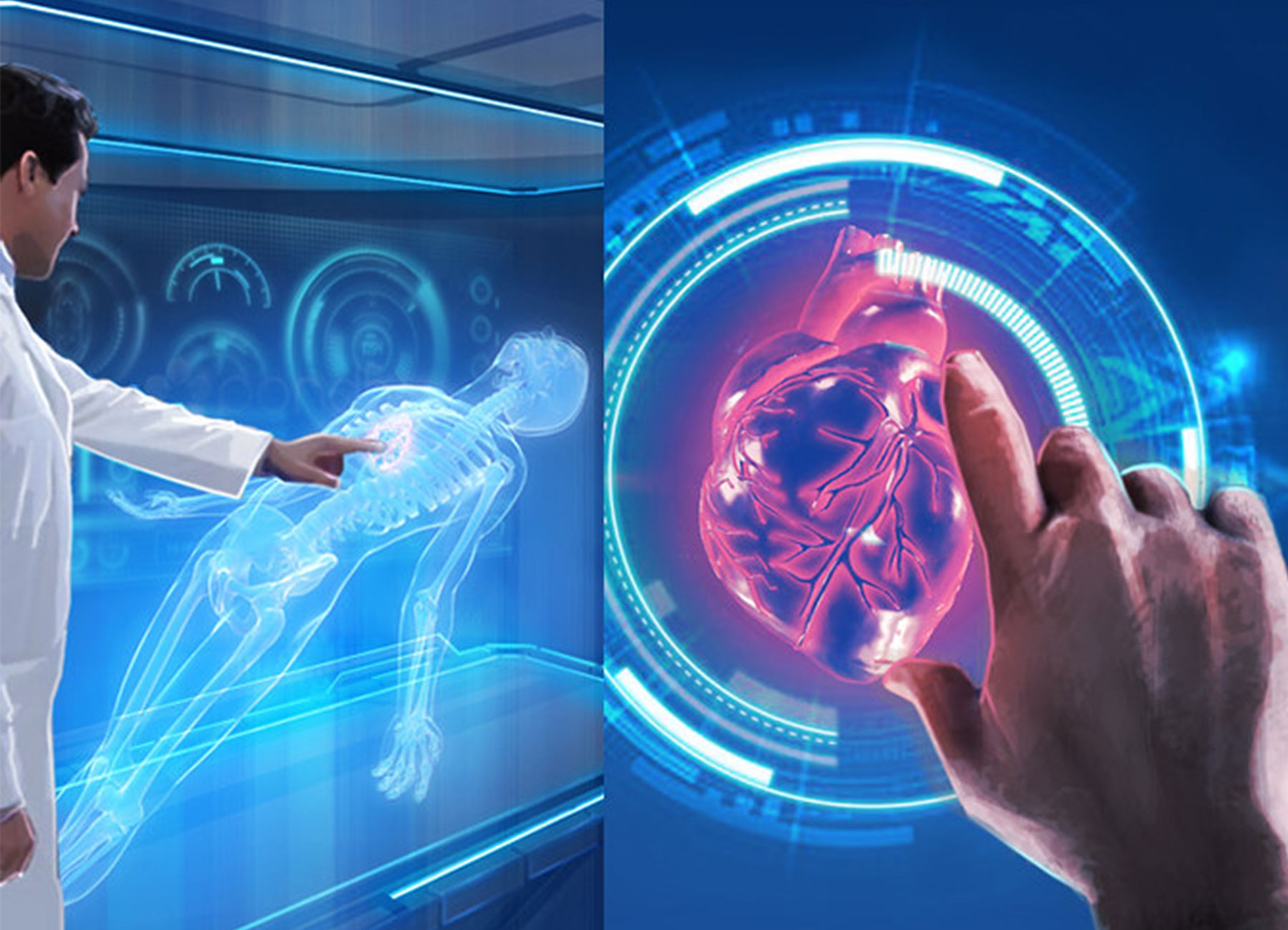
How does AI achieve this? It functions by analyzing massive datasets encompassing molecular structures, intricate biological pathways, and vast amounts of clinical trial results. This analytical power allows AI to identify potential drug candidates with unprecedented speed and efficiency, a task that would be virtually impossible for human researchers alone. Beyond identification, AI can predict how potential compounds will interact with specific disease targets, assess their toxicity profiles, and even pinpoint the optimal patient populations for clinical trials. This predictive capability drastically reduces the risk of costly failures later in the development cycle.
The concept of **computational drug design**, powered by AI, is a game-changer. It enables researchers to virtually explore an enormous chemical space, identifying promising molecules and predicting their properties before any physical synthesis or testing occurs. This virtual screening process significantly narrows down the field of potential candidates, saving immense time and resources. The implications for pharmaceutical innovation are profound. For instance, AI can make the pursuit of treatments for rare diseases, often considered economically unviable, far more feasible. Explore further revolutionary AI medical breakthroughs at penbrief.com, and learn more about the specific advancements like AlphaFold 3 in AI drug discovery at penbrief.com.
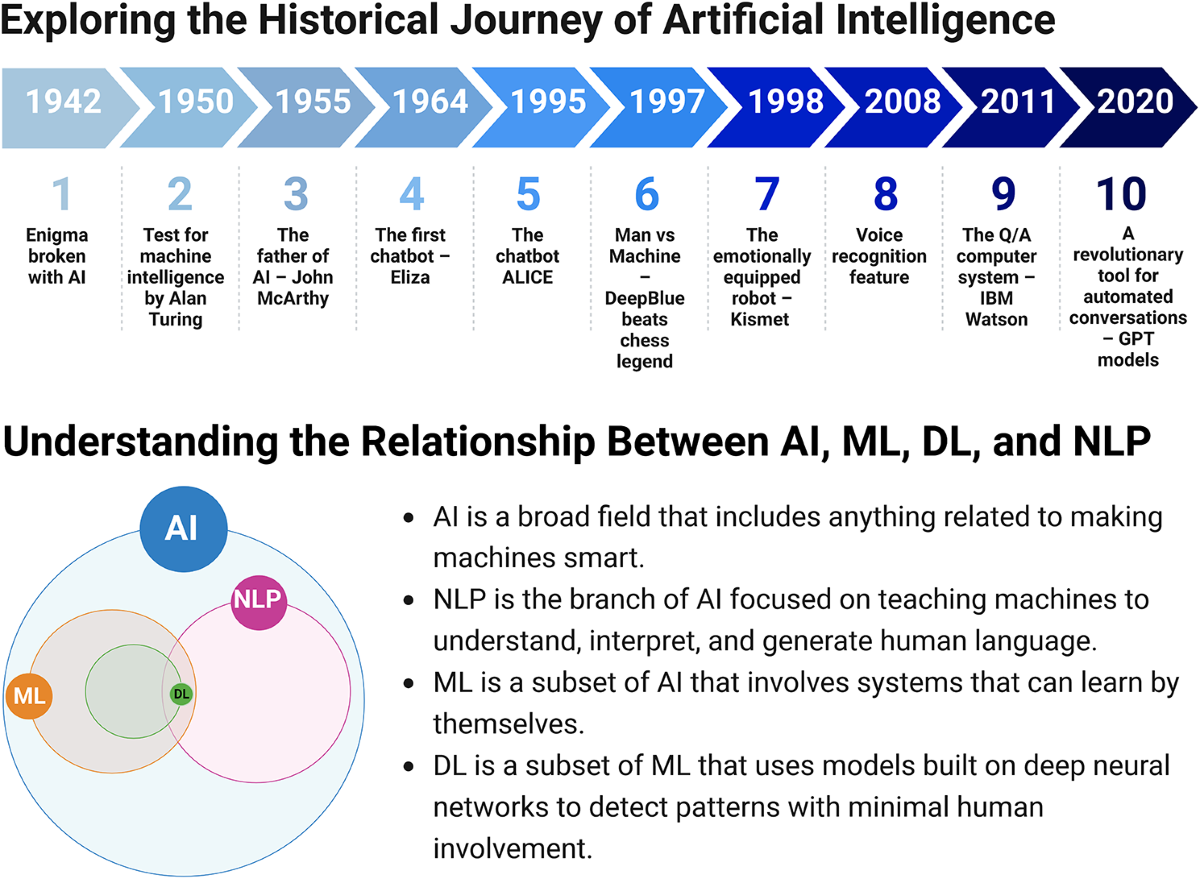
The Wider Impact of Healthcare Technology and AI
The advancements in **AI diagnostics** and **AI drug discovery** are not isolated phenomena; they are integral components of a much larger revolution driven by **healthcare technology**. AI’s influence extends far beyond these critical areas, permeating various aspects of patient care and operational management.
One significant area is personalized medicine. AI, through tailored apps and digital platforms, empowers patients to take a more active role in managing their health conditions. These tools can provide personalized insights, track progress, and offer timely advice, fostering a more proactive approach to well-being (source: bcg.com). In parallel, AI is enhancing real-time remote monitoring capabilities. Smart implants and wearable devices, powered by AI, can continuously track vital signs and alert healthcare providers to potential issues, particularly crucial for managing chronic diseases (source: bcg.com).
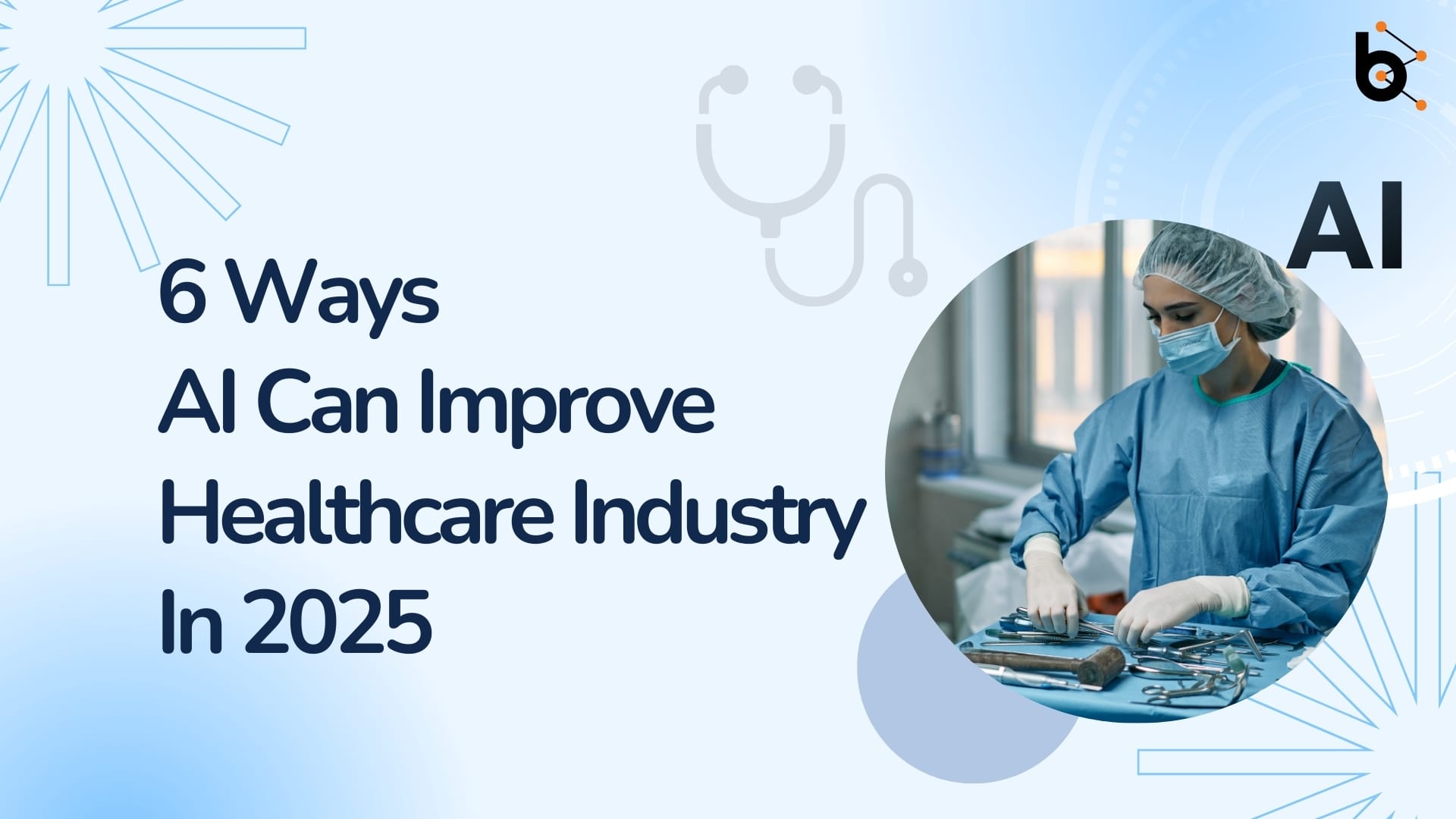
The administrative burden in healthcare is immense, and AI is stepping in to alleviate this through **administrative automation**. AI can streamline physician workflows, handle scheduling, manage billing, and process documentation, freeing up valuable time for medical professionals to focus on patient interaction. In fact, over 80% of healthcare executives anticipate a significant impact from generative AI on organizational efficiency (source: deloitte.com). The potential impact on nursing is also substantial. It’s estimated that AI nursing assistants could relieve nurses of up to 20% of their maintenance tasks, leading to annual savings of around $20 billion (source: dialoghealth.com).

Moreover, AI decision-making tools provide doctors with immediate access to the latest evidence-based research and clinical guidelines, supporting them in making the most informed decisions at the point of care (source: bcg.com). The reach of AI in healthcare technology is vast, touching upon areas from smart home devices for health management (penbrief.com) to the broader transformation of industries (penbrief.com). The consistent theme is one of increased efficiency, enhanced capabilities, and improved outcomes across the board.
Addressing Systemic Healthcare Challenges with AI
Beyond individual applications, AI is proving to be a powerful ally in tackling some of the most systemic and persistent challenges facing global healthcare. One of the most pressing issues is the growing **workforce shortage**. The World Health Organization projects a shortfall of 10 million healthcare workers by 2030 (source: deloitte.com). AI-powered tools can help bridge this gap by automating tasks, improving efficiency, and extending the reach of existing medical professionals.
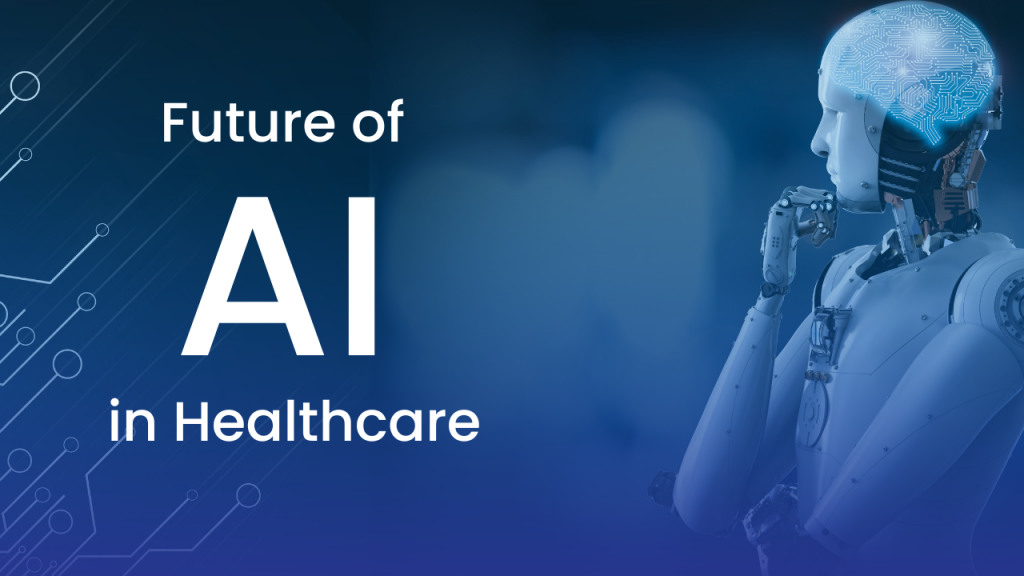
The financial implications of healthcare are also being reshaped by AI. Projections indicate significant **cost reduction** benefits, with an estimated $13 billion in savings by 2025. AI-assisted surgeries, for example, have the potential to shorten hospital stays, leading to annual savings of up to $40 billion (source: dialoghealth.com). This increased efficiency not only benefits healthcare systems but can also lead to more affordable care for patients.
Furthermore, AI holds considerable promise for promoting **healthcare equity**. A significant 51% of respondents perceive AI as a tool that can help reduce bias within the healthcare system (source: dialoghealth.com). By providing consistent, data-driven insights, AI can help mitigate the impact of human biases that may inadvertently lead to disparities in care. This perceived neutrality is a key factor, with 38% of respondents believing AI will lead to better health outcomes overall due to its consistency compared to human decision-making (source: dialoghealth.com). The transformative potential of AI in addressing these fundamental healthcare challenges is vast, impacting everything from global issues like climate change mitigation (penbrief.com) to the development of smart homes for better living (penbrief.com).

Navigating Implementation Challenges in AI in Healthcare
While the potential of AI in healthcare is immense, its successful integration is not without its hurdles. The paramount concern revolves around **data privacy**. AI systems often require access to sensitive patient information, making robust security measures and strict adherence to privacy regulations absolutely essential. Safeguarding this data is non-negotiable.
The landscape of **regulatory oversight** is also continuously evolving. Governing bodies worldwide are grappling with how to effectively regulate AI in healthcare. Examples such as updates from the FDA in the United States and the comprehensive EU AI Act demonstrate the global effort to establish frameworks that ensure AI is used safely, ethically, and effectively within the medical field (source: deloitte.com). Staying abreast of these regulations is critical for any organization implementing AI solutions.

A significant technical challenge is **algorithm bias**. AI systems learn from the data they are trained on. If this data is not representative of the diverse patient population, the AI can inadvertently perpetuate or even amplify existing healthcare disparities. Addressing this requires meticulous attention to data diversity, rigorous testing, and ongoing monitoring of AI performance across different demographic groups. The quest for fairness and ethical AI is paramount, as highlighted in discussions on penbrief.com.
Beyond these concerns, practical integration challenges exist. Healthcare IT infrastructure is often complex and may consist of legacy systems that do not easily interface with new AI technologies. Seamless integration requires careful planning and often significant investment. Finally, the human element cannot be overlooked. Successful AI implementation necessitates comprehensive staff training and thoughtful redesign of existing workflows to ensure that healthcare professionals can effectively utilize AI tools and that these tools enhance, rather than disrupt, patient care. Navigating these complexities requires a strategic and holistic approach, informed by resources on AI regulations (penbrief.com) and ethical considerations (penbrief.com).
The Future Landscape of AI-Driven Healthcare
Looking ahead, the trajectory of AI in healthcare is set to become even more transformative. A key emerging frontier is **Agentic AI**—autonomous systems capable of independently completing tasks and making decisions. These advanced AI systems represent the next evolution in **medical AI**, moving beyond simple assistance to proactive problem-solving (source: blueprism.com). Imagine AI agents that can manage patient follow-ups, optimize hospital resource allocation, or even assist in complex surgical planning with minimal human oversight.

The momentum behind **generative AI** continues to be a major driving force. Global private investment in this area reached an impressive $33.9 billion in 2025 alone (source: hai.stanford.edu). This robust financial backing fuels rapid innovation, leading to more sophisticated AI models that can understand and generate human-like text, images, and even synthetic data for research purposes. Coupled with this, healthcare organizations are showing an increasing risk tolerance for AI initiatives, signaling a growing confidence in its benefits and a willingness to invest in its potential (source: healthtechmagazine.net).

The convergence of AI with other cutting-edge technologies is poised to unlock new possibilities. The integration of AI with genomics, for example, can lead to hyper-personalized treatments based on an individual’s genetic makeup. Similarly, AI-powered wearables and advanced telemedicine platforms will enable more sophisticated predictive and proactive health maintenance, shifting the focus from treating illness to preventing it. By 2030, it’s projected that AI will be so deeply embedded within healthcare systems that AI-augmented care will be virtually indistinguishable from traditional practice.
The ultimate impact of this technological evolution is anticipated to be profound. There is a strong belief that AI will contribute significantly to increased life expectancy. In fact, 80% of surveyed pathologists agree with this sentiment (source: dialoghealth.com). As we continue to explore agentic AI trends (penbrief.com) and witness revolutionary AI innovations (penbrief.com), the future of healthcare promises to be more efficient, personalized, and ultimately, more effective.
Final Thought
The integration of **artificial intelligence** into **healthcare technology** is not merely an incremental improvement; it is fundamentally redefining the very possibilities within the medical field. The profound capabilities of AI are reshaping how we approach health, from the earliest stages of disease detection to the development of life-saving treatments.
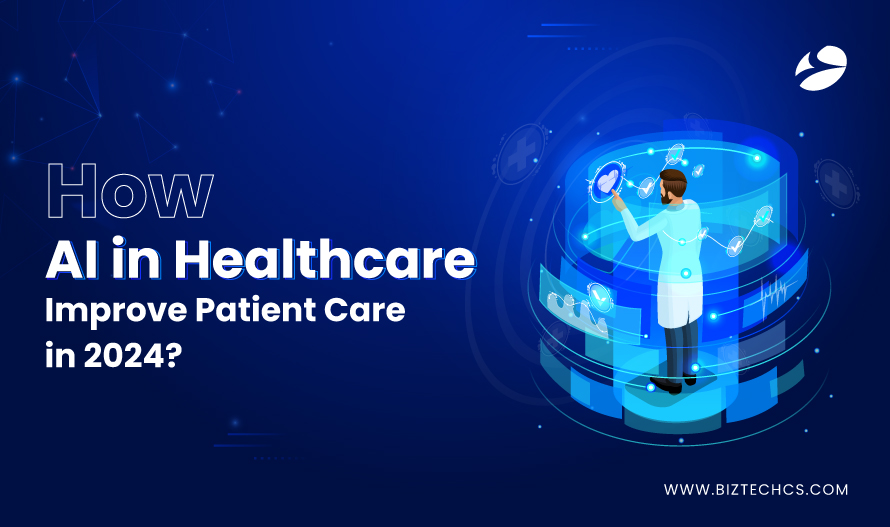
Ultimately, **AI in healthcare**, through its remarkable advancements in **AI diagnostics** and its accelerating power in **AI drug discovery**, is not just promising a future of improved patient outcomes. It is paving the way for a global healthcare system that is more efficient, more equitable, and fundamentally more proactive in safeguarding human health. The journey has just begun, and the potential for positive transformation is truly immense (penbrief.com, penbrief.com, penbrief.com, penbrief.com, penbrief.com).
Frequently Asked Questions
What is the primary benefit of AI in healthcare diagnostics?
The primary benefits include faster diagnosis times and increased accuracy, reducing radiologist workload and potentially leading to earlier detection of diseases. (dialoghealth.com)
How does AI accelerate drug discovery?
AI analyzes vast datasets to identify potential drug candidates, predict compound interactions, and assess toxicity, significantly shortening development timelines and reducing costs. (dialoghealth.com)
What are the main challenges in implementing AI in healthcare?
Key challenges include ensuring data privacy, navigating evolving regulatory oversight, addressing algorithm bias, and integrating AI with existing IT infrastructure. (deloitte.com, penbrief.com)
What is Agentic AI in the context of healthcare?
Agentic AI refers to autonomous AI systems capable of completing tasks and making decisions independently, representing the next frontier in medical AI. (blueprism.com)
Can AI help with healthcare workforce shortages?
Yes, AI can help by automating tasks, improving efficiency, and extending the capabilities of existing healthcare professionals, thus mitigating the impact of workforce shortages. (deloitte.com)
What is the projected market growth for AI in healthcare?
The market is projected to grow significantly, from $22.4 billion in 2023 to an estimated $188 billion by 2030. (dialoghealth.com)
How can AI contribute to healthcare equity?
AI can help reduce bias in healthcare by providing consistent, data-driven insights, potentially leading to more equitable treatment for all patient demographics. (dialoghealth.com)
What role does AI play in personalized medicine?
AI enables personalized medicine by analyzing individual patient data to tailor treatments, recommend interventions, and empower patients in managing their health through digital platforms. (bcg.com)


